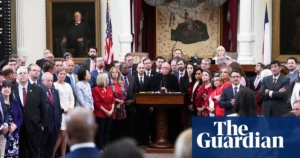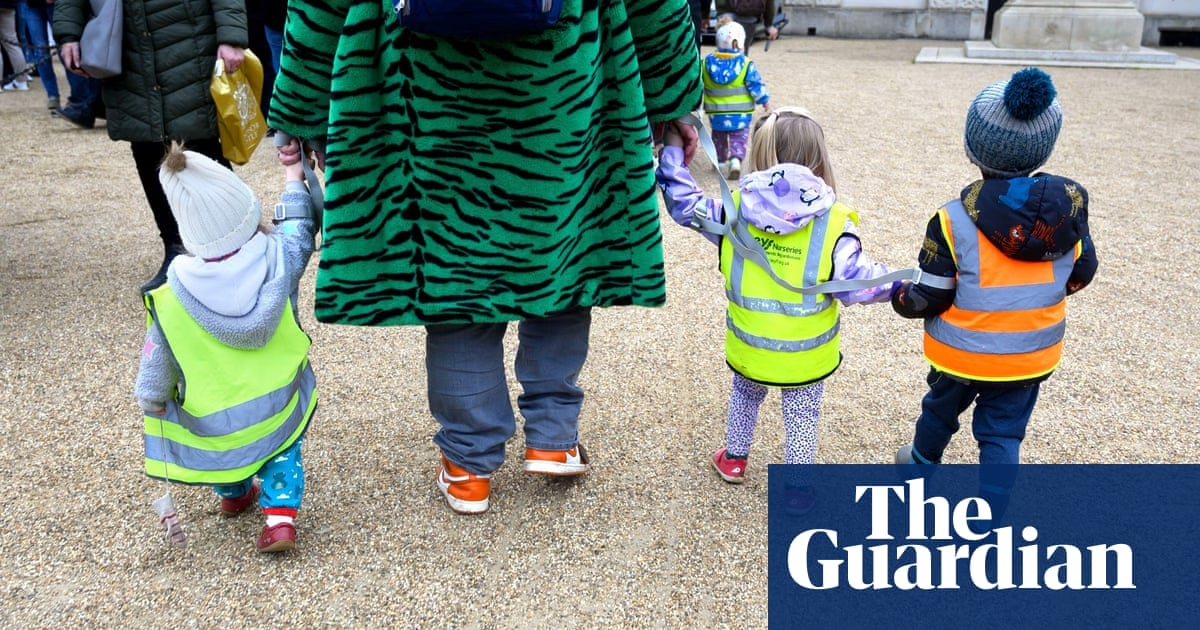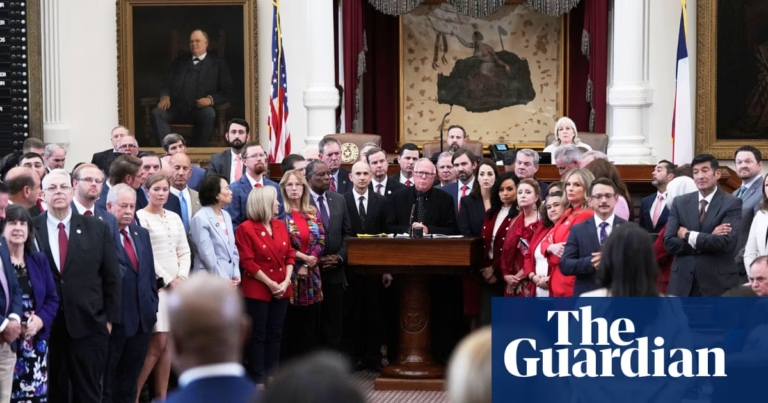Tens of thousands of children from migrant and refugee families in the UK are being denied access to free government-funded childcare due to restrictions linked to their parents’ immigration status. This limitation, known as “no recourse to public funds” (NRPF), means these parents are not entitled to 30 hours of free childcare and are forced to stay home to care for their young children instead of working. As a result, families are pushed into poverty, and their children miss out on the benefits of early years education available to their peers.
According to a report by the Institute for Public Policy Research (IPPR) and the human rights organization Praxis, approximately 4 million people in the UK are affected by NRPF restrictions. Among them are around 71,000 families who would otherwise qualify for 30 hours of free childcare per week if not for these restrictions that block access to the social security system.
The report argues that the current system of childcare entitlements excludes families facing the greatest disadvantage, despite the government’s manifesto commitment to break down barriers to opportunity for every child. Families affected by NRPF are entitled to only a halved offer of 15 funded hours of care for their three- and four-year-olds, and some low-income families may be eligible for care for their two-year-olds. However, they cannot access any other support with childcare costs, including the extended entitlements for working parents and support through universal credit and tax-free childcare.
Shams Sarker, a skilled migrant worker from Bangladesh, is one of the parents affected by NRPF. His two-year-old daughter, born in the UK, is not entitled to the same government-funded childcare as other children. Consequently, Shams and his wife take turns staying at home to care for her, reducing their working hours and income. This limits their daughter’s opportunity to interact and learn with other children in early years settings.
IPPR and Praxis surveyed 159 parents affected by NRPF restrictions and found that only 55% used some form of childcare, compared to 72% of the general population. More than a third (36%) relied on unofficial childcare from relatives and friends. Furthermore, 41% of those who did not use childcare cited the lack of a free entitlement as a reason for not getting a job.
Dr. Lucy Mort, a senior research fellow at IPPR, emphasized that restricting access to childcare forces parents out of work, deepens poverty, and holds children back from vital early education. She called for the removal of these barriers to support working parents and give every child an equal start.
Josephine Whitaker-Yilmaz, a policy and public affairs manager at Praxis and co-author of the report, stressed that lifting these restrictions on support for childcare costs is a practical solution that would benefit some of the most disadvantaged children in communities.
Another report by IPPR found that nearly half of the children in families with non-UK born parents live in poverty, compared to 25% of other children. The report predicts that the child poverty strategy, expected to be published in spring, would fail unless it addresses the growing hardship among children with parents born outside the UK.
A Department for Education spokesperson acknowledged the government’s commitment to giving every child the best start in life and breaking the link between background and success. They also highlighted the investment of £15 million to expand school-based nurseries and provide 15 hours of funded childcare for children from two years old. The spokesperson stated that the government would continue to ensure government-funded hours are fair and accessible to parents.
Source: https://www.theguardian.com/uk-news/2025/mar/07/migrants-and-refugee-families-in-the-uk-denied-childcare-funding-report-finds








